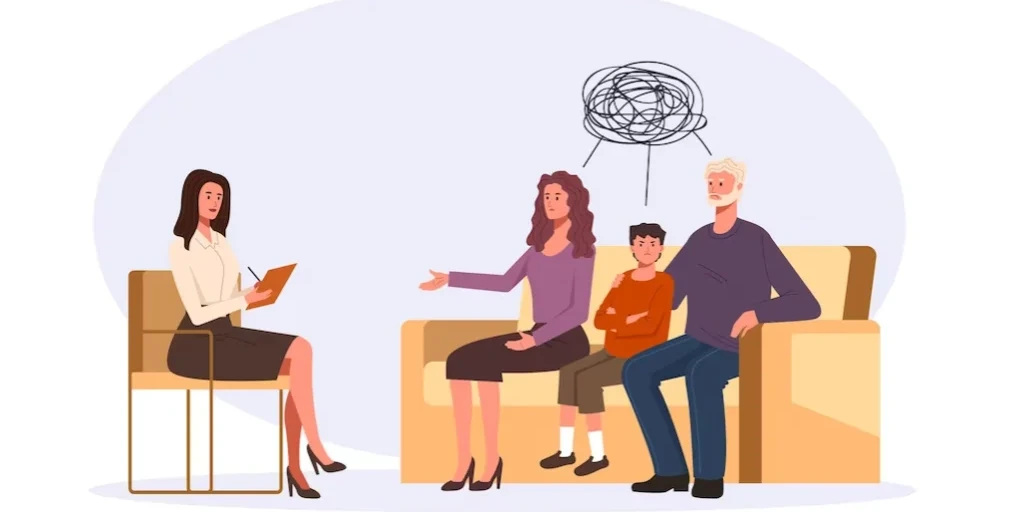24/7 Helpline:
(866) 899-221924/7 Helpline:
(866) 899-2219
Learn more about Valium Rehab centers in Piute County

Other Insurance Options

Oxford

ComPsych

Coventry Health Care

Sutter

Excellus

State Farm

Optum

MHNNet Behavioral Health

Magellan Health

Providence

GEHA

Carleon

Regence

Highmark

Access to Recovery (ATR) Voucher

BlueShield

CareSource

Ambetter

Absolute Total Care

Sliding scale payment assistance








































